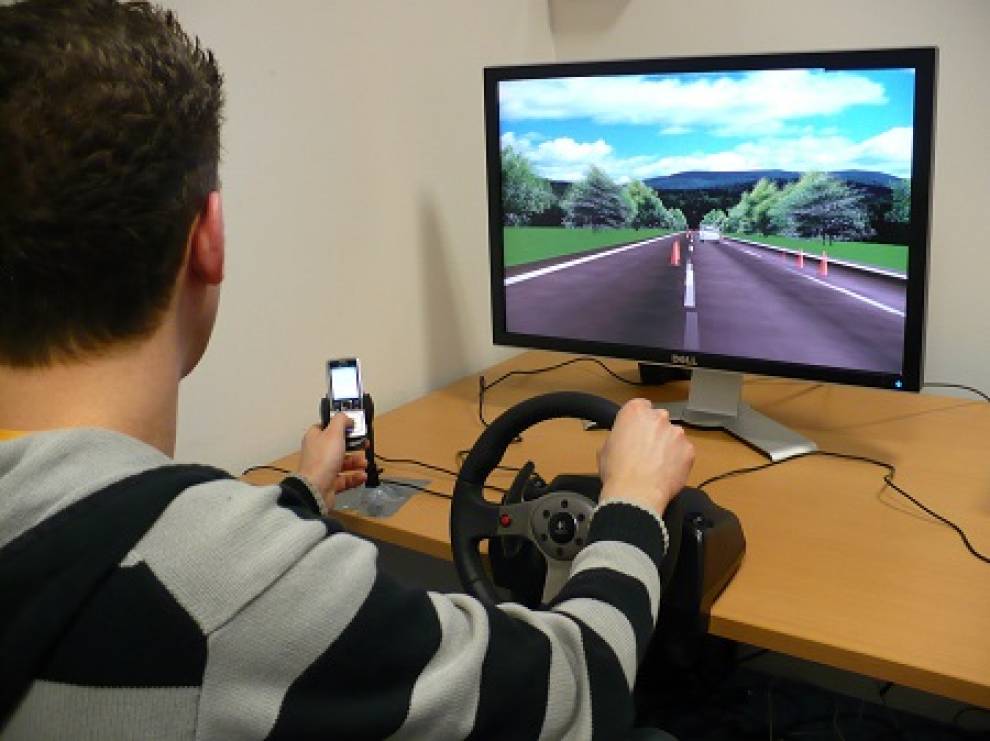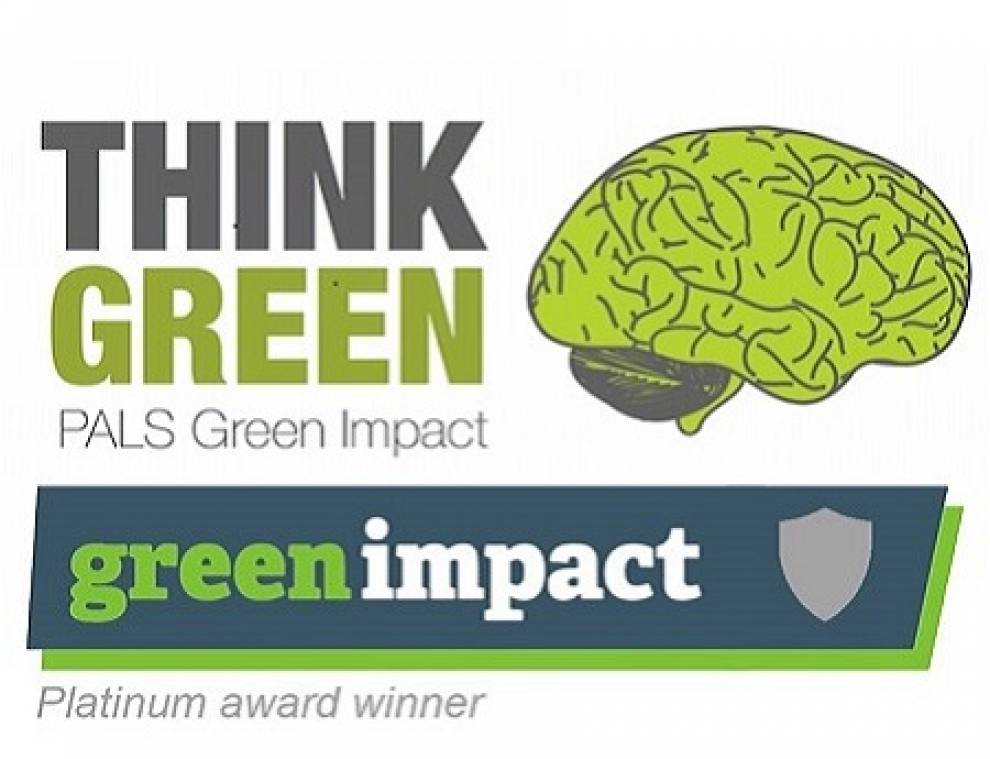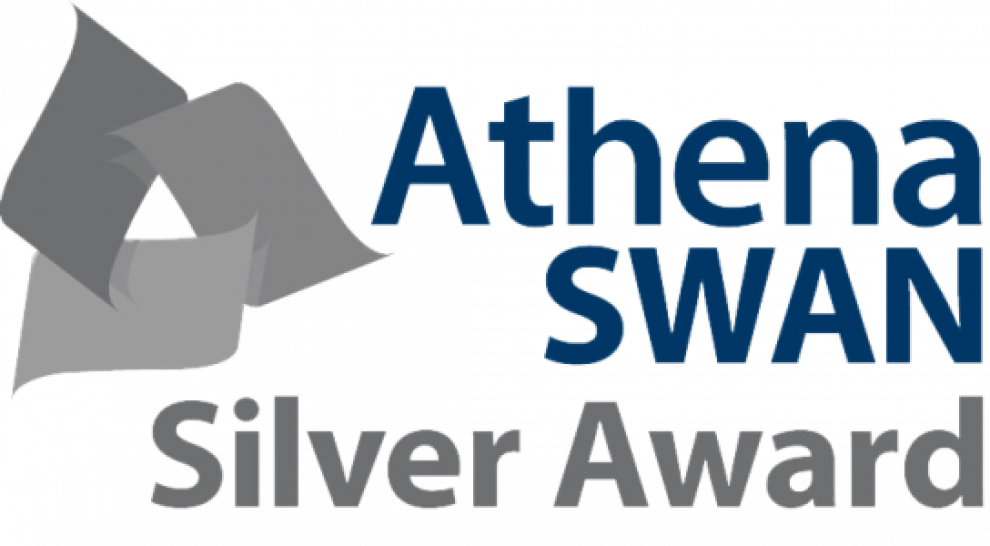Contact
- jeremy.skipper@ucl.ac.uk
- Address
-
University College London
26 Bedford Way
410
London
WC1H OAP
Research Themes
UCL ranked 2nd worldwide for Psychology in the latest THE rankings
Sign up to the Divisional Subject Pool
Read about sustainability in the Division
The Division has been awarded an Athena SWAN silver award recognising our commitment to gender equality.
 Close
Close





